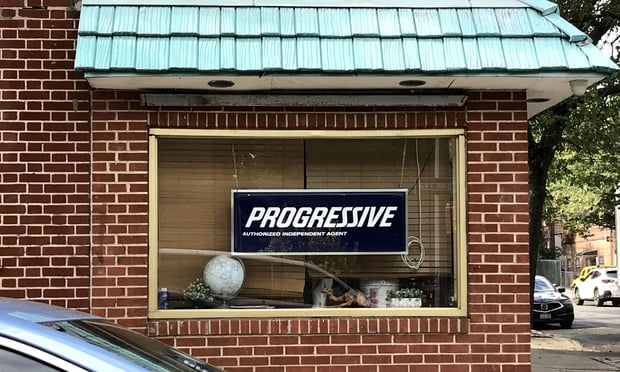Larger regional brokerages face fewer legal and regulatory challenges than their global competitors, and have added business after investigations hit top-echelon brokers, one investment bank analyst contends.
Morgan Stanley property-casualty analyst William Wilt made that observation after hosting a recent day-long conference focusing on the insurance brokerage industry that featured panels of risk managers, regional and global brokers, and reinsurance brokers.
While Marsh, Aon, Willis and A.G. Gallagher have pledged in settlements to no longer accept retail contingency fees as part of agreements with investigating regulators, their competitors have not made any such concessions, giving them a competitive edge, he noted. In addition, the big brokers have been forced to disclose their compensation in more detail than perhaps risk managers would care for.
“Risk managers are buried in transparency documents and complicated procedures,” Mr. Wilt wrote. “Distinguishing between boilerplate and legal disclosures versus documents meaningful to their insurance programs is not always easy.”
The nation's top-four brokers face a world not only without a significant source of revenue–contingency fees–but with increased regulatory and compliance requirements, adding to the cost of business.
“Moreover, with the risk managers actively engaged in fee discussions and questioning the value proposition of their brokers, we find it hard to believe pressures on fees will disappear anytime soon,” according to Mr. Wilt.
However, he added, buyers do not appear to be overly concerned with contingency fees, despite all the legal and political uproar over them.
“Contingent revenues that are properly disclosed continue to be an important revenue stream [for those who haven't given them up], and they are not expected to disappear anytime soon,” Mr. Wilt wrote. “It does not seem like clients have pushed them to drop the practice overall.”
Indeed, buyers appear to be more concerned with the shuffling of account teams as layoffs occur and brokers and support staff change jobs. “Risk managers sounded frustrated with the 'lack of loyalty' and 'musical chairs' so pervasive across the insurance brokerage industry today,” Mr. Wilt wrote.
State attorneys general, led by New York's Eliot Spitzer, and state insurance commissioners filed actions against the big brokers, alleging that volume-based contingency fees served as kickbacks to brokers who rigged bids and steered customers to a select circle of insurers.
Want to continue reading?
Become a Free PropertyCasualty360 Digital Reader
Your access to unlimited PropertyCasualty360 content isn’t changing.
Once you are an ALM digital member, you’ll receive:
- Breaking insurance news and analysis, on-site and via our newsletters and custom alerts
- Weekly Insurance Speak podcast featuring exclusive interviews with industry leaders
- Educational webcasts, white papers, and ebooks from industry thought leaders
- Critical converage of the employee benefits and financial advisory markets on our other ALM sites, BenefitsPRO and ThinkAdvisor
Already have an account? Sign In Now
© 2024 ALM Global, LLC, All Rights Reserved. Request academic re-use from www.copyright.com. All other uses, submit a request to [email protected]. For more information visit Asset & Logo Licensing.








